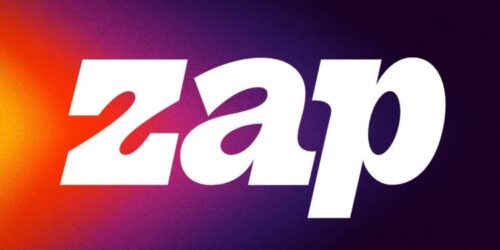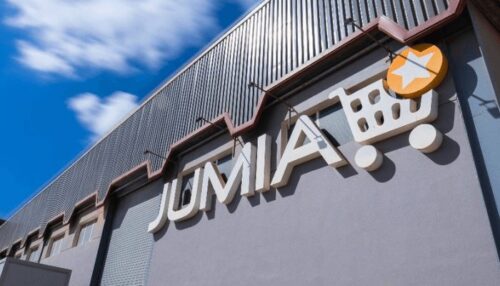Here’s a quick roundup of the top business news you may have overlooked, giving you the insights you need to stay informed and ahead of the game.
1.Nigerians Face Potential N930/Litre Petrol Price Hike

Fuel prices in Nigeria continue to climb, with petrol now expected to hit N930 per litre. The increase stems from ongoing negotiations between NNPC and local refiners over the naira-for-crude arrangement. As ex-depot prices rise, key industry players, including Pinnacle and Rainoil, are adjusting their rates accordingly. Market experts warn that unless a sustainable pricing strategy is implemented, Nigerians may soon face even higher fuel costs. Meanwhile, calls grow louder for the government to extend the naira-for-crude initiative to stabilize prices. Will policymakers intervene in time?
2.Paystack Introduces Zap, A New Seamless Transfer App

Paystack is shaking up Nigeria’s fintech scene with the launch of Zap, a money transfer app designed for ultra-fast transactions. With transfers completed in under 10 seconds, Zap offers direct bank integration and international card linking. However, unlike some fintech competitors, Zap does not support neobanks like OPay and PalmPay. While transaction fees are slightly higher than its rivals, Paystack CEO Shola Akinlade hints at possible price adjustments. As digital banking continues to evolve, will Zap stand out against established players like Kuda and Moniepoint?
3.UK Visa Fees Set to Rise in 2025

Traveling, studying, or working in the UK is about to get pricier! Starting April 2025, visa fees will see a significant hike. A six-month visitor visa will jump from £115 to £127, while student visas will increase to £524. Those applying for work visas, including skilled worker and healthcare categories, will also face steep cost increases. Even travelers from visa-exempt nations will pay more for the Electronic Travel Authorisation (ETA). With immigration costs soaring, prospective applicants are advised to submit applications before April 2025 to avoid higher fees.
4.Dangote Expands Jet Fuel Exports to Saudi Arabia

Nigeria’s Dangote Refinery is making major moves on the global energy market, exporting jet fuel to Saudi Arabia after successful shipments to the U.S. With a 650,000-barrel-per-day capacity, the refinery is proving its ability to meet international fuel demands. Experts believe these exports could lower jet fuel prices in the U.S. while boosting Nigeria’s economy. However, regulatory hurdles remain a challenge. If Nigeria had focused on refining decades ago, could the country have avoided its current economic struggles?
5.Temu Disrupts Nigeria’s E-Commerce Market, But Jumia and Jiji Hold Firm

Chinese e-commerce giant Temu is making waves in Nigeria’s $13 billion online shopping market, drawing consumers with rock-bottom prices and rapid delivery. However, local giants Jumia and Jiji remain unshaken. Jumia is expanding into rural areas, while Jiji focuses on local sellers. Despite Temu’s rapid rise—it’s now Nigeria’s most downloaded app—experts say that trust and logistics challenges could determine whether it can sustain its momentum. Will Nigerian consumers stick with homegrown platforms, or is a market shake-up inevitable?
6.Nigeria’s Path from Food Scarcity to Food Security

Rising hunger and food insecurity continue to challenge Nigeria, but experts say the solution lies in technology, financing, and a holistic agricultural strategy. High lending rates make farming unviable for smallholder farmers, and experts call for financial institutions to adopt new agrifinance models. Meanwhile, policymakers are urged to develop a unified agricultural system that connects farmers, investors, and processors. If Nigeria can overcome these barriers, the country could transition from food scarcity to self-sufficiency. Is the government ready to take action?
Stay tuned for more updates as these stories unfold. Which of these headlines caught your interest the most? Let us know your thoughts!


